Dr Lukas Marek was invited as an expert to Geospatial Summer School 2024
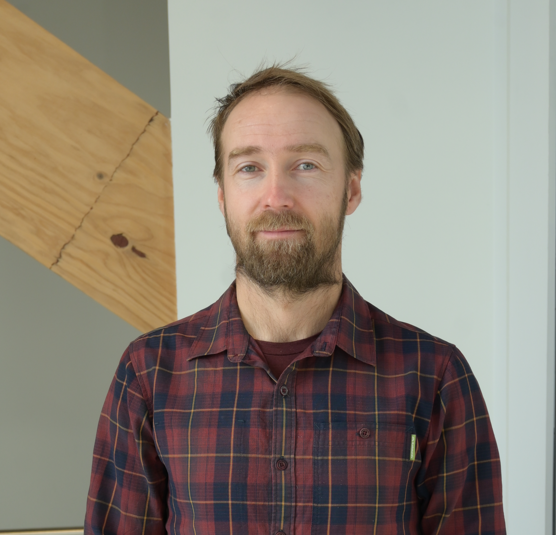
This event focused on geohealth and spatial analysis in health. It took place at the Department of Geoinformatics, Palacky University in Olomouc, Czech Republic between June 24 and 28 2024. Lukas talked about geospatial analyses in public health in New Zealand and also led a workshop on spatial accessibility.
Interview with Sidney Wong, Fulbright Graduate Award Winner and GRI PhD Candidate | Scholarship Recipient

We are proud to announce that Geospatial Research Institute PhD Candidate and GRI scholarship recipient, Sidney Wong has been awarded a Fulbright Science and Innovation Graduate Award. Sidney plans to research automatic hate speech detection on social media at the University of Illinois in the United States. Learn more about Sidney and his journey by […]
Faculty of Health and Deputy Director of Geohealth Laboratory, University of Canterbury Matt Hobbs to be Keynote Speaker at NZDA

The New Zealand Dental Association will have its annual conference on August 23rd and 24th, 2024 in Christchurch. It will feature UC Senior Lecturer (Above the Bar) in Public Health, Dr Matt Hobbs as a keynote speaker. Dr Hobbs’ talk will demonstrate how the GeoHealth Laboratory helped create the first national public drinking water dataset. […]
Sunil Tamang, a GRI scholarship recipient/PhD candidate is currently participating in the Himalaya Climate Data Field Lab 2024

The Himalaya Climate Data Field Lab 2024 is an innovative workshop where over 100 researchers, artists, and activists come together in an unconventional setting to collaborate and shape the program as it progresses over the course of a month and beyond. His participation in the workshop is for three weeks. Sunil is specifically involved in […]
GRI PhD Candidate, David Pedley invited to present at upcoming ForestSAT conference
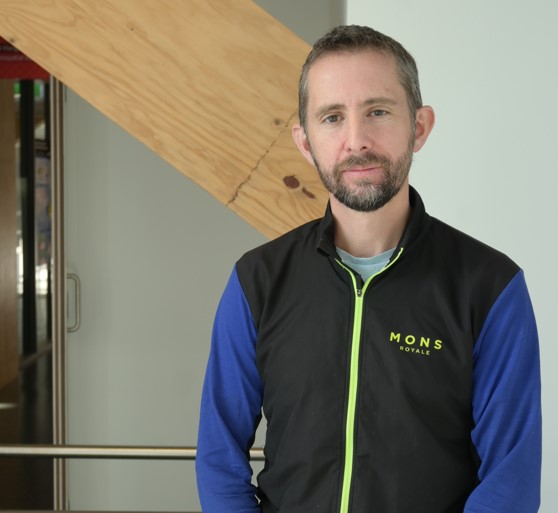
David Pedley will be presenting “Detecting and measuring urban tree canopy loss at the property scale with remote sensing data” at upcoming ForestSAT conference in Rotorua Sept 2024. For more details, visit: https://www.forestsat.com/
Virtual reality brings flood risk to life
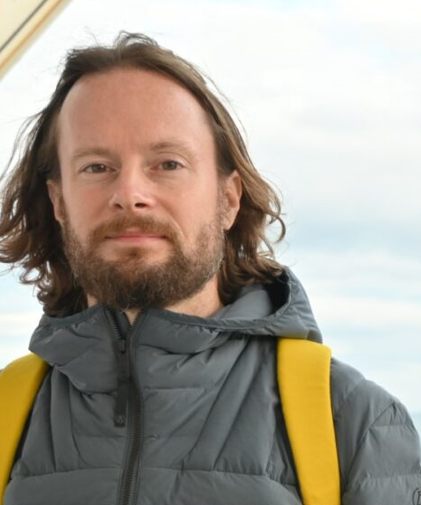
The GRI Director, Professor Matthew Wilson, has been awarded funding from an EQC Biennial grant. The project called “virtually flooded” has been developed in partnership with leaders from Te Rūnanga o Ngāi Tahu (TRoNT) and has been featured in a recent TechWeek EQC article entitled, “Tech-savvy scientists are helping New Zealanders prepare for natural hazards.” This […]
Visiting PhD Student, Joe Lillis
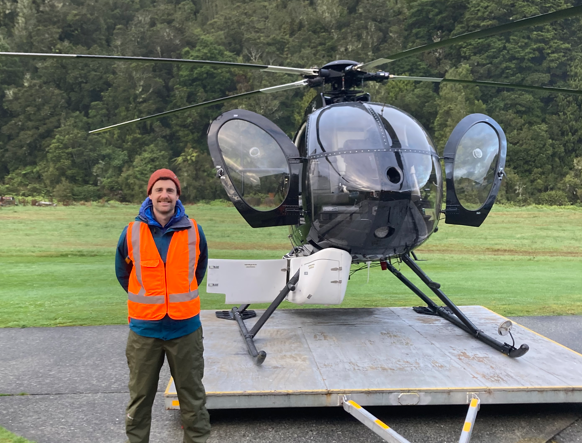
GRI has a visiting PhD student from Exeter University in the UK. Joe Lillis has been working on a thesis that aims to map how greenspace, air pollution, and traffic noise impacts mental health in the UK. While at UC, Joe has helped the GeoHealth Lab create a greenspace national composite for New Zealand based […]
MIGARS 2024
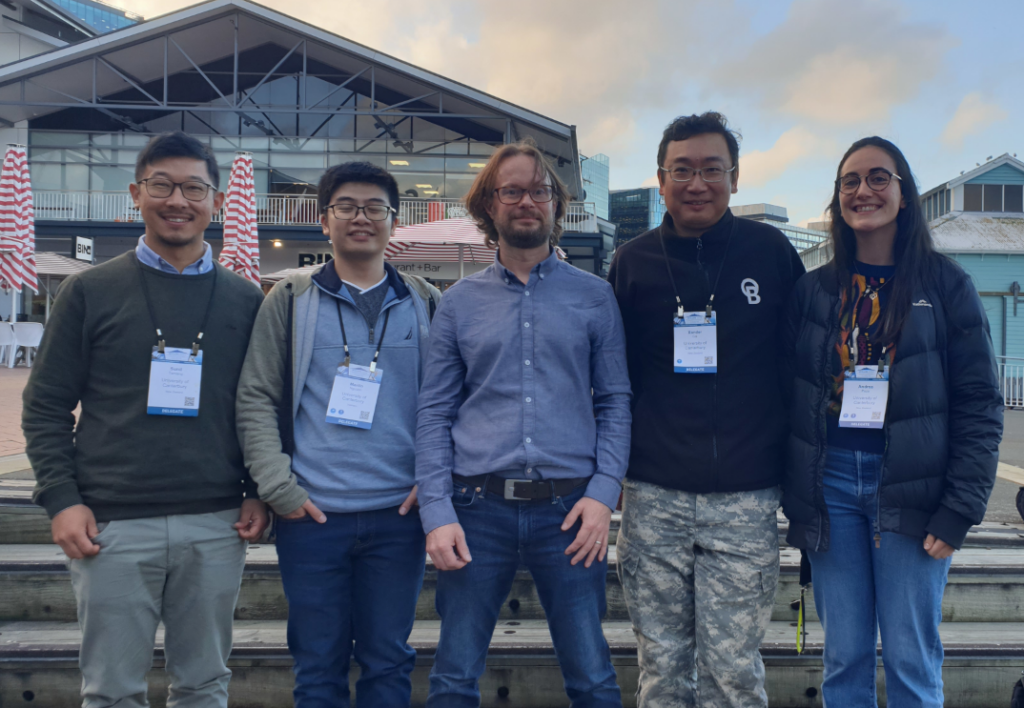
The GRI was well represented at the MIGARS conference (International Conference on Machine Intelligence for Geoanalytics and Remote Sensing ) in Wellington this week. Congrats on all the posters and talks.
Six papers on machine learning from GRI to be presented at MIGARS 2024
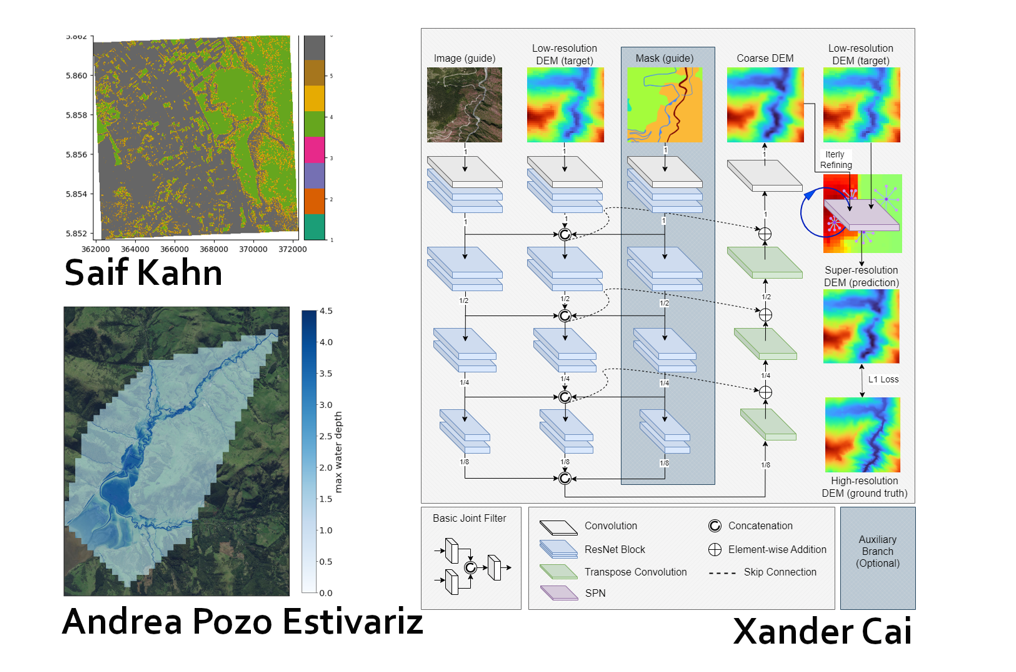
Thrilling work in machine learning developed in the GRI is going to be presented in the forthcoming 2024 MIGARs International Conference on Machine Intelligence for Geoanalytics and Remote Sensing. The papers are: Detecting Vegetated Wetlands of New Zealand through Satellite Imagery and Machine Learning- Saif Khan Learning with Image Guidance for Digital Elevation Model Super-Resolution […]
Dr Matthew Hobbs is lead author on a new research paper

A recent international study led by Dr Matthew Hobbs, Senior Lecturer and Co-Director of the GeoHealth Laboratory in the Geospatial Research Institute at Te Whare Wānanga o Waitaha | University of Canterbury (UC), sought to throw some light on these underlying factors. Joining him in the endeavour were UK researchers from the University of Essex, […]
